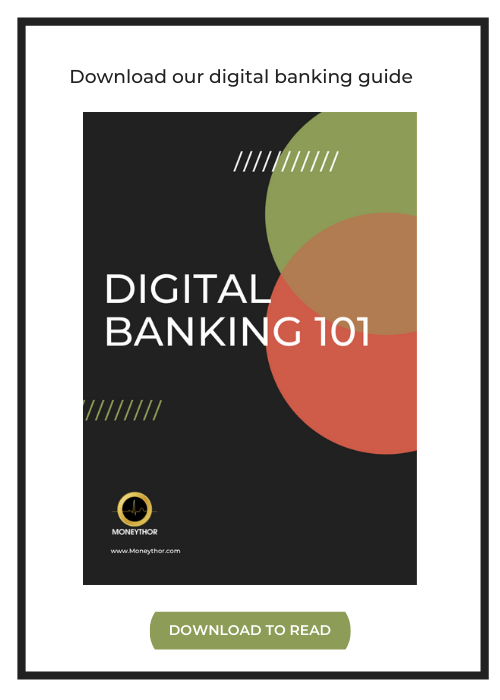The term Application Programming Interfaces (APIs) first emerged at the beginning of the 2000’s in the context of Web technologies. One of its prominent use cases was initially to allow companies like eBay, Amazon, Salesforce and many others to integrate their services onto the websites of customers. Since then, APIs have become a common tool for developers in order for them to build software apps and other digital services.
What are APIs?
An application programming interface (API) is a set of tools and protocols that make it possible for digital devices, software applications and data servers to interact and communicate with one another
APIs let your product or service integrate with other products and services in a safe, simple and flexible way. APIs make it easier for developers to build products and services by providing simple building blocks that remove the need to write all code from scratch. It means that developers can speed up their processes and focus on the product they are building without having to worry about the complex back-end functionality of APIs.
Types of APIs
There are three main types of APIs that are commonly used:
- Internal APIs
These are private APIs that are only used within a given solution or organisation to improve internal processes.
- Partner APIs
Partner APIs can be accessed by selected third party partners who can then provide products or services to the end user.
- Open / Public APIs
This type of API makes business data & services available to any third party.
How do banks use APIs?
APIs have transformed how banks and third parties work together by enabling the safe sharing of customer data in line with Open Banking initiatives and regulation.
Open Banking refers to the secure sharing of bank financial data and services with third parties through open APIs enabling those to develop financial products.
Both incumbent banks and new entrants to the industry have been using Open APIs to build new products and services for customers by simplifying the process of integrating with third party fintechs and other financial service providers and sharing customers data in line with Open Banking requirements.
What are the benefits of APIs in banking?
- Simplify tasks
APIs simplify the task of sharing data and services by allowing different platforms, applications and systems to connect with each other. It saves time that would otherwise be needed to build products and services from scratch.
- Improved services
Customers expect great banking experiences online and there is an increasing demand for better banking products and services. With open APIs, banks are able to create improved digital channel experiences by integrating with internal and external resources.
- Continues innovation
When it comes to digital banking, things can change quickly. For smaller challenger banks, keeping up with the pace of change is manageable but for larger organisations it can be tricky. APIs allow financial institutions to pivot their strategies quicker while seizing opportunities and keeping up with changing customer expectations.
APIs are transforming the banking space and increasing the rate of innovation in the industry. By adopting APIs, banks can transfer data securely and conveniently, deliver new products and services to customers and keep in line with Open Banking requirements.


